Rewriting
the Narrative
![]()
Threatened Species
Sharks and other highly migratory marine species are some of the most threatened species on our planet, due to decades of overfishing happening at the global scale. It has been estimated that up to 100 million sharks are killed every year for their fins. This is the eradication of our planet’s oldest and most important marine species, and has been cited by many as one of the greatest environmental issues of our time. Sharks hold important roles as top predators in many marine ecosystems. Without sharks, ecosystems can become unstable and risk collapse.
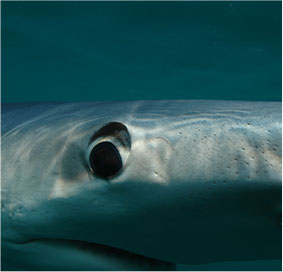
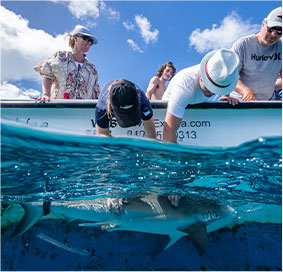
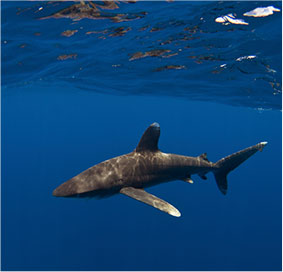
Science is needed to create the evidence for new shark protections worldwide. Yet, despite our fascination with these charismatic species, our understanding of the scale of their movements, how they use the ocean, and how they overlap with fishing activity remains a critical knowledge gap that is precluding conservation action. This is especially evident in the open ocean and high seas, which comprise 60% of our ocean and are not governed by any one country.
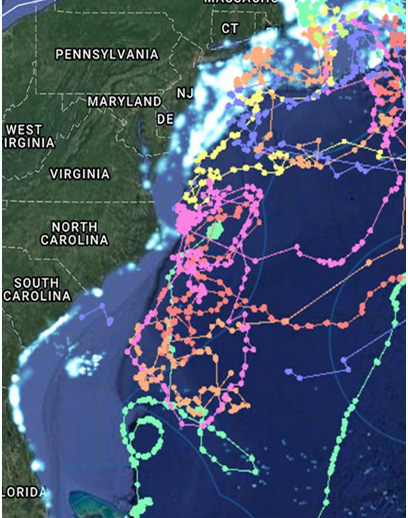
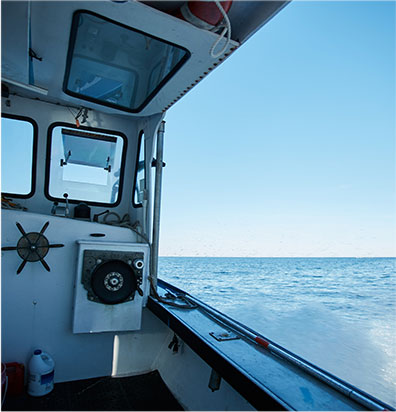
Impact
This project will drive impact in the following ways:
- Establishment of international trade restrictions and treaties to benefit sharks
- Feeding of empirical data into plans to reduce overfishing for sharks
- Threat assessments for focal species are lessened (recovery), or they are elevated to raise new awareness to risk
- Critical knowledge gaps for at-risk species are filled










